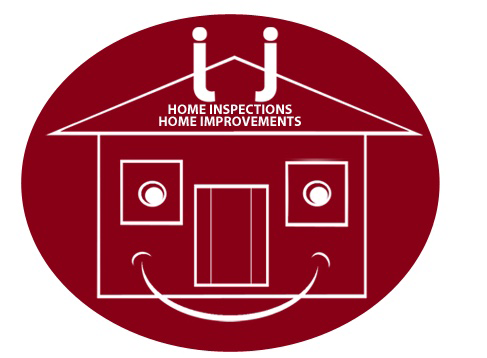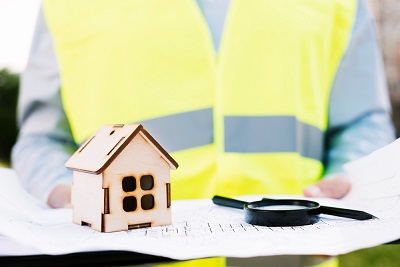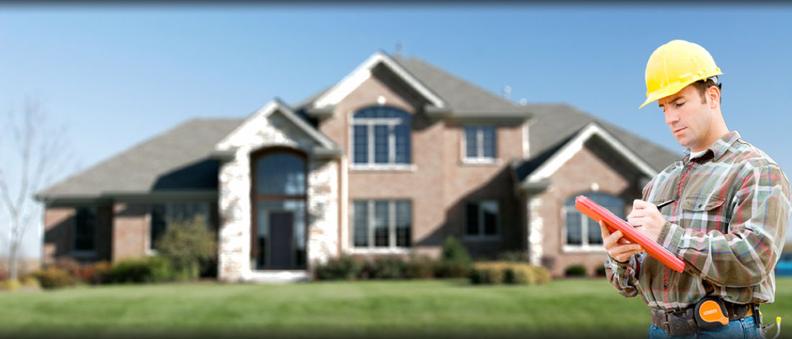What Is the Role of a Certified Home Inspector in the Homebuying Process?
Buying a home is a major life achievement, but the process may be scary and challenging. A critical step that frequently gives buyers peace of mind is engaging a licensed house inspector. In this blog, we’ll examine the function of a certified home inspector and show how their knowledge is an invaluable resource during the home-buying process.
The Inspection Essentials
Thorough Examination:
A certified home inspector conducts a comprehensive assessment of the property, examining its structural integrity, systems, and components.
Visual Inspection:
They visually inspect various aspects, such as the foundation, roof, plumbing, electrical systems, HVAC, and more.
Safety Check:
Inspectors prioritize safety, identifying potential hazards like faulty wiring, mold, or gas leaks.
Code Compliance:
They assess if the property adheres to local building codes and regulations.
Identifying Issues and Red Flags
Defect Detection:
Home inspectors pinpoint any defects or issues within the property, helping buyers make informed decisions.
Prioritizing Problems:
They categorize problems into critical issues that require immediate attention and minor issues that can be addressed over time.
Cost Estimations:
Inspectors can provide rough estimates for necessary repairs, aiding buyers in budgeting.
Negotiation and Decision-Making
Negotiation Leverage:
Armed with the inspector’s report, buyers can negotiate with sellers to address issues, request repairs, or adjust the selling price.
Informed Choices:
Buyers can make informed decisions about whether to proceed with the purchase, renegotiate terms, or walk away if the property’s condition doesn’t align with their expectations.
Future Preparedness
Maintenance Guidance:
Inspectors often provide recommendations for ongoing maintenance, helping homeowners prolong the life of their property.
Peace of Mind:
Knowing the property’s condition gives buyers confidence in their investment, reducing anxiety and surprises after moving in.
Selecting a Certified Home Inspector
Credentials Matter:
Look for a home inspector who is certified and a member of a reputable industry association. This ensures they meet professional standards.
Experience Counts:
Consider the inspector’s experience in the field. Experienced inspectors often have a sharper eye for potential issues.
Ask for Referrals:
Seek recommendations from your real estate agent or friends who have recently bought homes. Their experiences can lead you to a trustworthy inspector.
Interview Prospects:
Don’t hesitate to interview potential inspectors. Ask about their inspection process, how long it takes, and when you can expect to receive the report.
Sample Reports:
Request sample inspection reports to get a sense of their reporting style and thoroughness.
Conclusion:
A certified home inspector is essential to your house-buying process because they provide knowledge, safety, and peace of mind. You can make sure that your ideal home is more than simply a place to live by being aware of your responsibilities, choosing the correct specialist, and actively taking part in the inspection process. Therefore, keep in mind that a certified home inspector is your reliable guide to a happy and worry-free future in your new house as you set out on your home-buying adventure.





